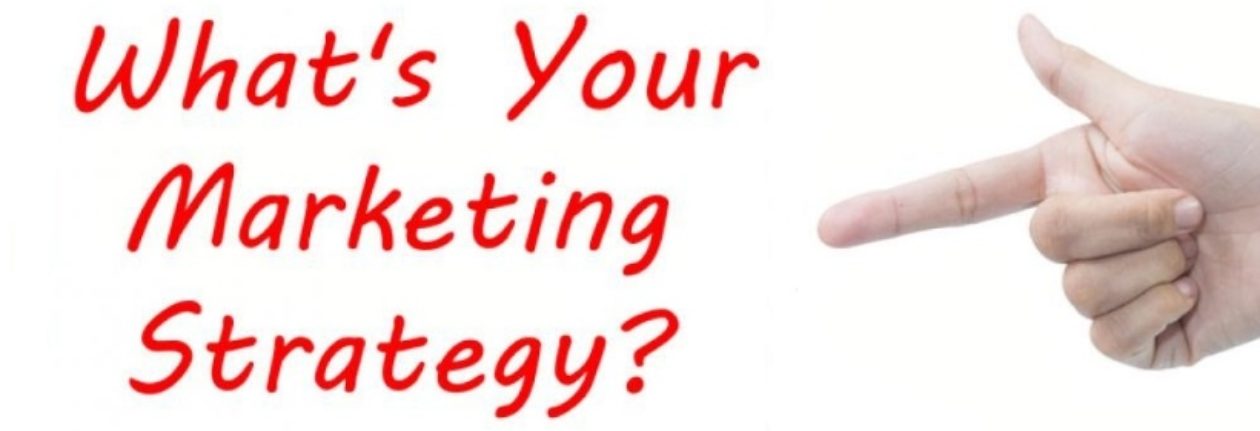The Product Pricing Strategy Is Both Art and Science!
Price must support all elements of the marketing mix. Pricing is difficult, it must reflect supply and demand relationships as well.
TIP: Product pricing is all about perception, value and positioning, its the story behind product which differentiates and intrigues…
What are the pricing strategies in marketing?
What are the types of product pricing strategies?
Premium Pricing…
The price is set high to indicate that the product is “exclusive”
Psychological Pricing…
The psychology of price and positioning of price within the market.
Pricing your product requires art and a lot of science….here’s why?
When I first started online…
More than 20 years ago, I was in engineering and manufacturing.
I began in a fitness niche selling body building products.
This was pre-video era…
This was before everybody was selling ebooks…
Some sort of digital product.
Ebooks were around the $29 to $37 price point.
Instead, I created a $300 to $400 home study course.
Not because I was greedy…
And not because it was innovative…
More so because the very first information product I ever bought was a big home study course at that price point.
It had big binders, cassette tapes and diskettes and a lot of materials.
Because I was so embraced with this concept, that’s what I created.
And this home study course did well.
The name of the game is to price test…
If you’ve never done this before it will open your eyes.
The fact is most marketers do not test their pricing limits.
They either pick a number based on thin air…
In other words what they think their customers will buy…
OR
Simply price product based on what most of their competitors do.
What if these other competitors are not price testing?
It’s a bit like the blind leading the blind.
What if you’re leaving tremendous amounts of money on the table?
It all boils down to the superior offer…
Everybody always thinks the best way to create a superior offer is to lower the price and give more, right?
Reality is there’s only a certain percentage of the market place that makes their buying decision based solely on price.
The larger percentage of the market place makes buying decisions based on value or perceived value.
What I do when creating a far superior offer is to understand what’s already in the market place…
And always lean in the favor of giving more.
You see, there is something called the “thump factor”.
Years ago when somebody ordered something…
They wanted a gigantic box of stuff to show up and plop down right on their doorstep.
They opened it and there were 28 different components and pieces and binders.
There was this idea of giving as many different pieces as you can.
It decreased the likelihood of a refund.
Today that’s not the key.
Today, when I say “give more”, I’m really talking about giving more of what they ultimately need and want.
For example…
You could send them a starter package.
OR
Diagrams with instructional video for how to set up something.
You give them instructions or a cheat sheet.
This is not a huge package with lots of pieces.
It’s just more relevant and value to them.
The pricing risk…
There’s risk in everything you do, regardless of where you price it.
If you price it too low…
You run the risk of leaving a bundles of money on the table.
If you price it too high…
Crazy high, of course you run the risk of not getting the maximum number of new customers.
So there’s risk…would you agree?
How do you handle that risk…
It depends on what your ultimate strategic plan is for the launch.
Firstly, you want to identify your objectives for the product.
Your launch objective…
Your objective could be to maximize revenues.
It could be to maximize customer acquisitions.
You could also test other benefits like getting maximum jv partners.
It depend if you’re looking to get maximum customer acquisitions.
If so, then you might use a different pricing strategy.
If you’re considering the number of jv partners…
Your goal might be to have most of the sales come from partners.
You’d choose a price point that would be exciting for your partners.
And the product would be more likely to reach more new customers.
If you’re not going to go with a significant number of jv partners…
Instead you want to promote your offer via your house list…
You’d price the product differently. Why?
Because you want to maximize revenue from the launch.
You should also look at what your competitors are doing.
Yes! There are a number of other factors to consider.
The conclusion is to choose a price point for your new product.
And you always want to test various price points. Period!
Product Pricing Strategy
